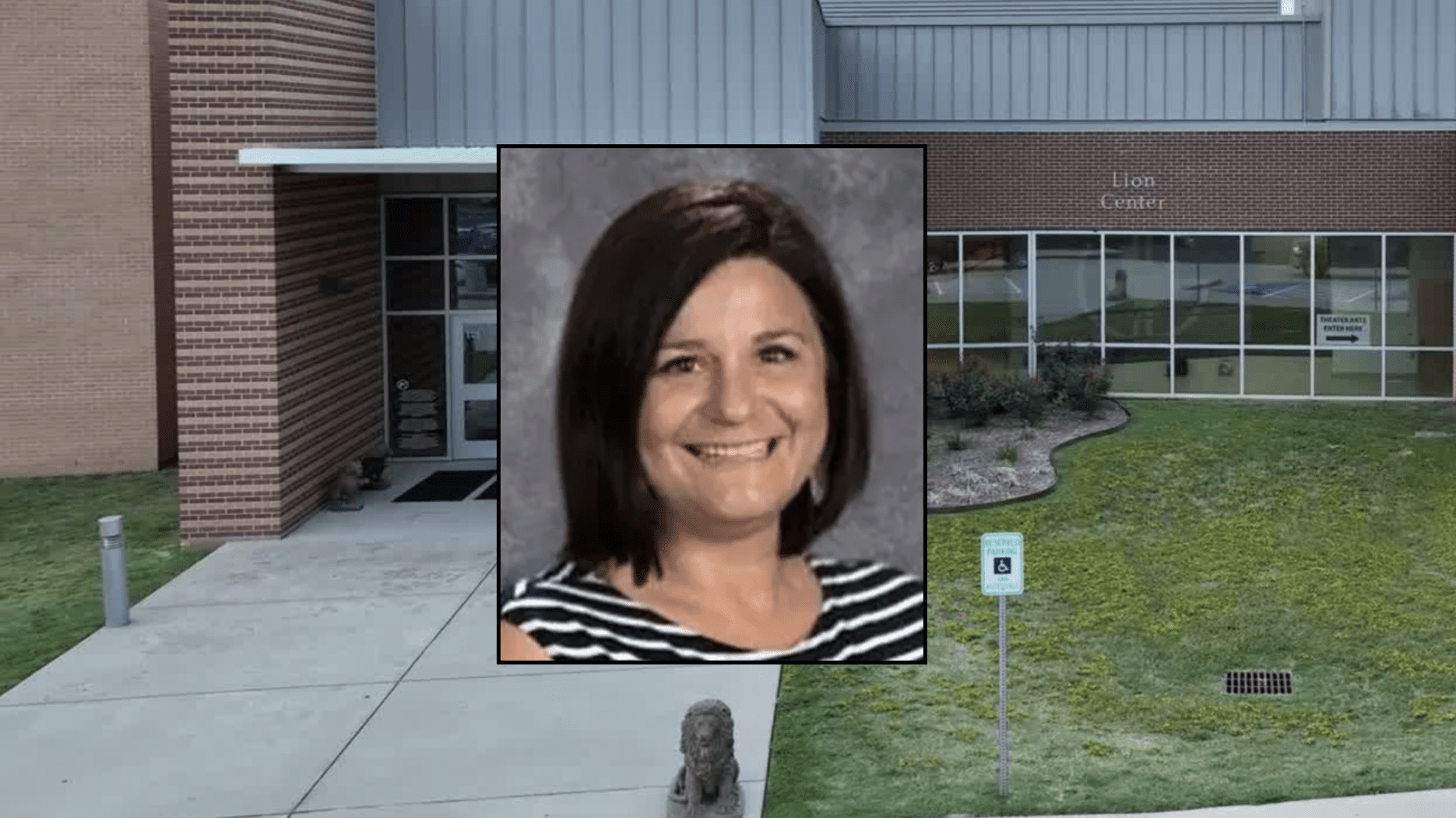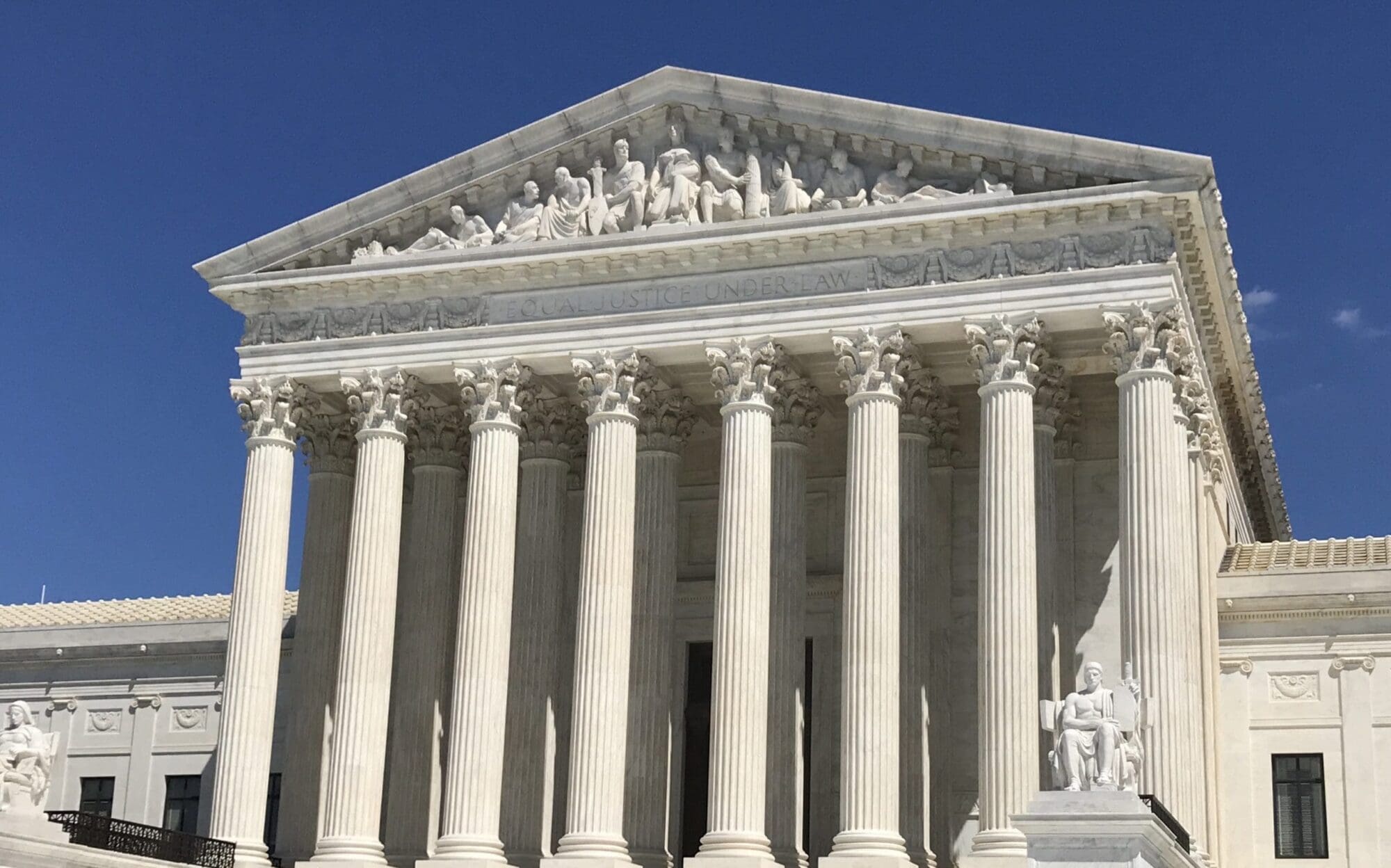Members of the Texas Senate are set to take up an across-the-board pay raise for the state’s 340,000 classroom teachers. In a session that should be devoted to practical reforms with tangible results, this hits the mark… but is it a mark anyone cares about?
Let’s be clear about an important point. No one enters teaching with the expectation they’ll be getting rich, and no classroom teacher in Texas is going to be made wealthy with a $5,000 per year (before tax) bump from the should Senate Bill 3 become law. Texas’ classrooms are by and large filled with women and men who entered the profession with a sincere desire to educate children – a noble calling our founding fathers, like Thomas Jefferson, felt was necessary to secure liberty.
The point of public education is not to employ adults, but to provide solid academic footing for our Republic’s next generation. Classrooms shouldn’t be thought of as factories producing widgets, but intellectual birthing wards for tomorrow’s patriots.
When asked about ways to improve the results of public education, teachers tell me what they need most is parental support and engagement – two things which cannot be legislated. Next, they vent about administrative hassles, about their inability to control classroom discipline and curriculum, and the onslaught of mandated tests and paperwork. They want relief from hassles so they can teach.
Do they want a pay raise? Do you? I don’t know anyone who would turn down a few hundred extra bucks a month in their check; more money going into their savings account or retirement fund.
And there is rub for lawmakers. The stage is being set for Senate Bill 3 to be opposed by a minority of vocal, politically-driven teachers. I have heard from those, as well.
The smaller part of the minority describe SB 3 as “silly.” These tend to be teachers who are the secondary breadwinner in the house and think of teaching more as a serious hobby than a profession. The slightly larger part of the minority are the left-wing political warriors who always demand “more money” for education yet nonetheless describe SB 3 as an “insult” because it’s proposed by conservative Republicans.
The majority of teachers – the well-meaning, student-focused, journeyman teachers who don’t use their classrooms to agitate or indoctrinate – will happily cash the check, but won’t say much publicly (or privately) because that’s not what professionals do. They’ll appreciate the gesture, but wonder when legislators will address their real problems, like over-testing and administrative micromanagement.
So SB 3 spends $3.7 billion to give $10,000 (over two years) to the states’ classroom teachers. As it stands, senators will most likely only be hearing from left-leaning teachers and political hacks who think it is “silly” or an “insult.”
Meanwhile, the senate’s budget proposal includes less than $3 billion for property tax relief to be divided up among more than 6 million homeowners. To say that amount might not be noticed is accurate. To say relief that small could be missed completely wouldn’t be wrong if structural reforms aren’t enacted.
What SB 3 lacks, by design, is any direct and explicit reform. The raise will go to the master teacher whose class every other teacher in the school wants their own kid to be in, and it will go to the assistant basketball coach whose resentment at having to teach “world geography” is lived out by sitting at the back of the room reading the paper while students color in maps.
But by its nature and in context, SB 3 could offer the beginnings of the most important of reforms. For perhaps the first time, if enacted, the state would be directing specific, general-revenue dollars directly into the classroom. These dollars wouldn’t be susceptible to being redirected by deputy assistant superintendents for new wall coverings in the administration building. These dollars wouldn’t be available for a school board president to re-purpose into a new Jumbotron at the football stadium.
As an aside, Senate Bill 3 exposes the greatest of tragedies in Texas public education. Actual expenditures are controlled by local school boards, elected usually in elections drawing less than 5 percent of the registered voters. These boards have allowed teachers to be diminished to second-class employees subservient to overpaid administrators. Texas school boards have the absolute power to pay good teachers six-figure salaries, to indemnify them against lunatic parents and money-grubbing lawyers, to hold micromanaging administrators at bay, and to focus dollars into the classroom.
But the school boards don’t. Instead, they raise taxes on homeowners and blame the legislature. School boards keep teacher pay stuck at the bare-minimums established by lawmakers and pretend its a ceiling. They give obscene salaries to administrators while building water parks, golf courses, and football stadiums built by their cronies.
Until legislators are willing to fight for teachers and taxpayers against big-spending superintendents, real reform will prove elusive. Until local voters hold local school board officials to account for lazy administration and high tax burdens, school children will be left lacking while the adults divy up the political spoils.
What is most commendable about Senate Bill 3 is what is the most difficult to see at this stage in a school-finance-focused legislative session. Is it merely throwing more money into a system where math teachers and water parks hold equal footing as “education spending”? Or, does it mark a new day where a larger percentage of education dollars will actually make it to the classroom for academic purposes?
Senate Bill 3 could be a legislative disaster if taxpayers don’t get measurable relief they can feel and reform they can see. Why should the political agitators get to call $10,000 an insult, while taxpayers are stuck with higher bills?
It won’t be until the legislative session ends that we will know if Senate Bill 3 merely piled billions in new expenses into an unreformed system funded on the backs of already over-burdened taxpayers, or if it represented a down-payment on meaningful reforms in public education and property taxes.
Taxpayers and teachers alike are hoping for real relief. Lawmakers must deliver for both.





